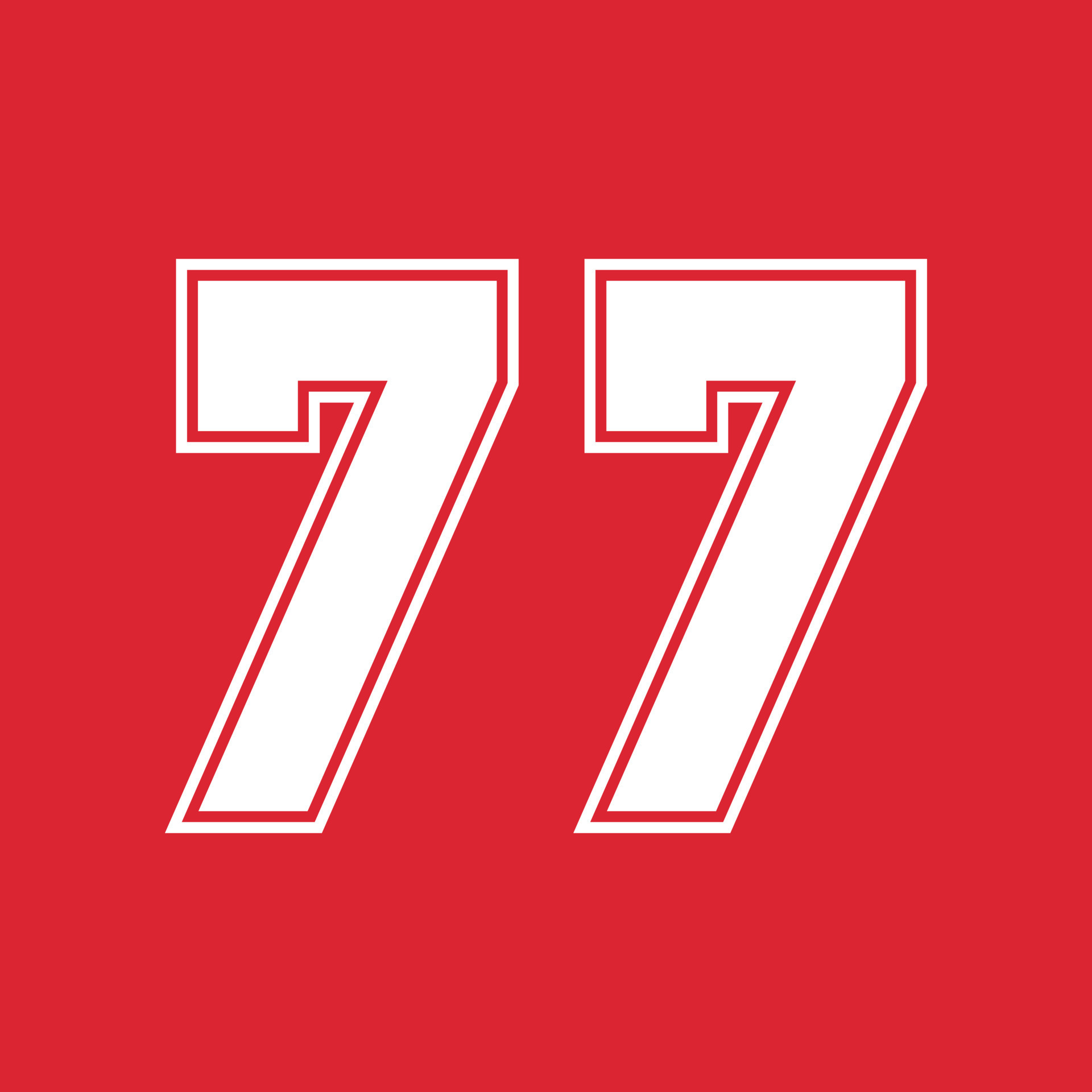Unbelievable Info About What Does *77 Do

Unlocking the Mystery of 77: More Than Just Blocking Your Number
Ever dialed 77 and wondered exactly what kind of magic you just invoked? It's not some secret code to summon a pizza, though that would be pretty awesome. 77 is actually a star code, a short sequence of numbers that tells your phone network to perform a specific function. In this case, 77 is primarily known for its function related to call blocking and call return. But there's a bit more to it than meets the eye. Think of it as a utility belt for your phone, with 77 being one of the cooler gadgets.
In the realm of telecommunications, these star codes play a pretty important role. They're essentially shortcuts that allow you to quickly access certain features without having to navigate complicated menus on your phone or contacting your service provider directly. Theyve been around for quite a while, silently doing their job, often unnoticed until you actually need them. The thing is, the exact function of a star code can differ slightly depending on your location and phone carrier, which is why clarifying 77 is so important.
So, let's dive a little deeper into what 77 typically does, and why its useful. We'll explore its main function as a call return feature and the situations where this could be a really handy tool. Plus, we'll look at some potential variations and things to keep in mind so you don't accidentally trigger something unexpected. Prepare to be amazed at the sheer, understated power of three digits!
We can all agree that getting prank calls or, worse, harassing calls, is no fun. Thats where 77 steps up to the plate. It gives you a way to fight back against unwanted interruptions, though there are some important caveats to consider. For example, it usually only works when you answer the call and then hang up immediately. It also doesn't work with calls where the number is blocked. Think of it as a first line of defense, a quick and easy way to deter persistent annoyances.
1. Tracing That Pesky Phone Number
At its core, 77 is often associated with a service called "Call Return." This function attempts to call back the last number that called you. It can be particularly useful if you missed a call and didn't catch the number on caller ID, or if you received a nuisance call and want to attempt to identify the source. Now, before you start imagining yourself as a phone-call Sherlock Holmes, there are limitations.
First, Call Return using 77 generally only works if the incoming number isn't blocked or restricted. If the caller deliberately hid their number, 77 won't be able to dial them back. Also, depending on your provider, you might hear an automated message stating the number being called and asking the recipient to confirm the call before actually connecting. This is a privacy measure to prevent accidental calls or unwanted contact.
Keep in mind, too, that the success of 77 can also depend on how quickly you use it after receiving the initial call. Some phone systems have a limited window of time in which the Call Return feature will work. If too much time has passed, the system might not be able to retrieve the information needed to complete the call. So, if you want to trace a call, act fast!
Moreover, this feature is provided by your telephone company. Some telephone companies charge additional fees to use this feature. Some also offer different packages or add-ons with enhanced caller ID or other call management options. So, it's worth checking with your service provider to understand exactly what features are available to you and at what cost.

The Fine Print
While 77 can be a convenient tool, its not a magic bullet. It has limitations that are important to understand. For one thing, it doesn't work on blocked calls, as we've already established. Also, if the caller uses a VoIP service or some other method of masking their number, 77 might not be able to trace the call effectively. It's also important to note that repeatedly using 77 to call back someone who doesn't want to be contacted could potentially be considered harassment, so use it responsibly.
Also, relying solely on 77 might not be the best approach if youre experiencing persistent harassment or threatening calls. In those situations, documenting the calls (dates, times, and any information you can gather) and contacting your local law enforcement or your phone service provider's security department is the best course of action. They have the resources and legal authority to investigate and take appropriate action.
Your phone service provider also has additional resources to block numbers and prevent repeat occurrences from being directed towards your personal line. Some phone companies offer various call management options to deal with these issues. It may be a paid service, but one that is well worth investing into if you're constantly dealing with annoying calls.
Speaking of alternatives, many smartphones now offer built-in call-blocking features that allow you to block specific numbers directly from your phone's call history. These features are often much more effective than 77 because they prevent the unwanted calls from reaching you in the first place. Also, there are third-party apps available that offer even more advanced call-blocking and identification capabilities.
2. Navigating Regional Variations and Carrier-Specific Implementations
Here's where things get a little tricky: 77 doesn't always mean the same thing everywhere. The functionality of star codes can vary depending on your geographical location and your specific phone carrier. What works in one state might not work in another, and what works on Verizon might not work on AT&T. It's like driving on the highway — the rules of the road can change as you cross state lines.
That's why it's always a good idea to double-check with your phone service provider to confirm the exact function of 77 in your area. They can provide you with accurate information about what it does, what limitations it has, and whether there are any charges associated with using it. You can usually find this information on their website or by contacting customer support.
Think of it like this: star codes are like local dialects. They might sound similar to the standard language, but they have their own unique twists and turns. To avoid any confusion or unexpected results, it's best to learn the "dialect" of your local phone network. That way, you can be sure you're using 77 (or any other star code) correctly.
If youre unsure about the exact function of 77, try dialing it and paying close attention to any automated messages you hear. The message will typically explain what the code does and what steps you need to take to use it correctly. And if you're still not sure, don't hesitate to reach out to your phone service provider for clarification. It's always better to be safe than sorry!
The Future of Star Codes: Are They Becoming Obsolete?
With the rise of smartphones and advanced call management features, you might be wondering if star codes like 77 are becoming relics of the past. After all, why bother dialing a three-digit code when you can simply tap a button on your phone to block a number or return a call? Well, the answer is a bit more nuanced than it might seem.
While smartphones have certainly made some star codes less essential, they haven't entirely replaced them. Star codes still offer a quick and easy way to access certain features, especially for those who aren't tech-savvy or who prefer a more streamlined approach. Also, star codes can be useful in situations where you don't have access to a smartphone or a computer.
In addition, star codes are often used behind the scenes by phone service providers to manage their networks and services. They might not be visible to the end user, but they play an important role in ensuring that everything runs smoothly. So, even if you don't use star codes directly, they're likely still working for you in some way or another.
Ultimately, the future of star codes is uncertain. They might gradually fade away as technology continues to evolve, or they might continue to exist as a niche tool for specific purposes. But one thing is for sure: they've had a long and interesting history, and they've played a significant role in the evolution of telecommunications.
3. FAQ
Still scratching your head about 77? Let's tackle some frequently asked questions to clear things up.
Q: Will 77 work on my cell phone?
A: Possibly! It depends on your carrier. The best way to find out is to try it. If it doesn't work, contact your cell phone provider to see what call return options they offer.
Q: Is there a charge for using 77?
A: Sometimes. Some carriers charge a small fee per use, while others include it as part of a broader call management package. Check with your provider to be sure.
Q: What if the person I call back with 77 doesn't answer?
A: Then they don't answer! 77 simply initiates a call to the last number that called you. If they don't pick up, you can't force them to. Maybe they're busy, maybe they're screening their calls. It happens!


Table Of 77 Learn Times Multiplication

Unlocking The Mysteries Of 77 Angel Number
